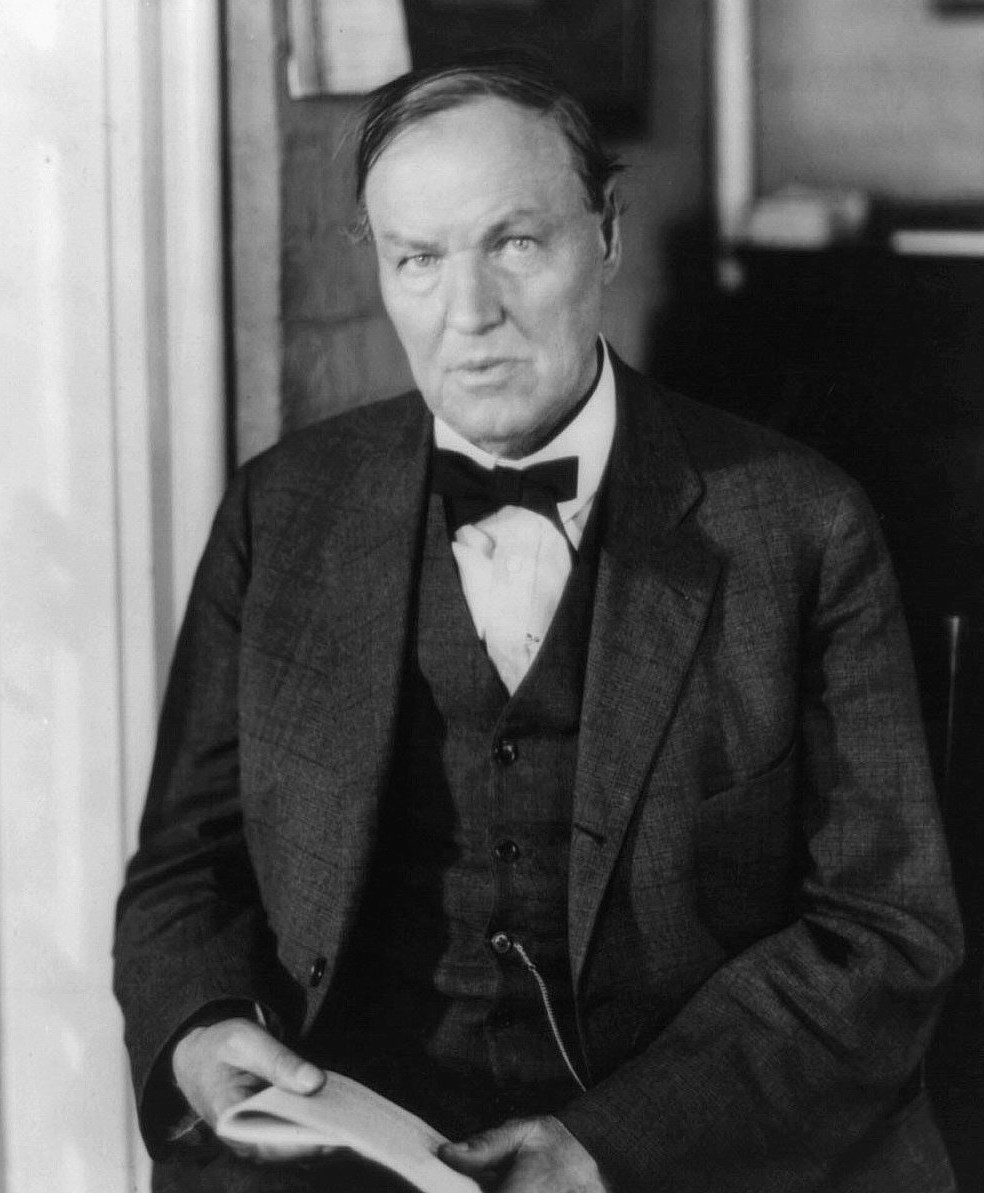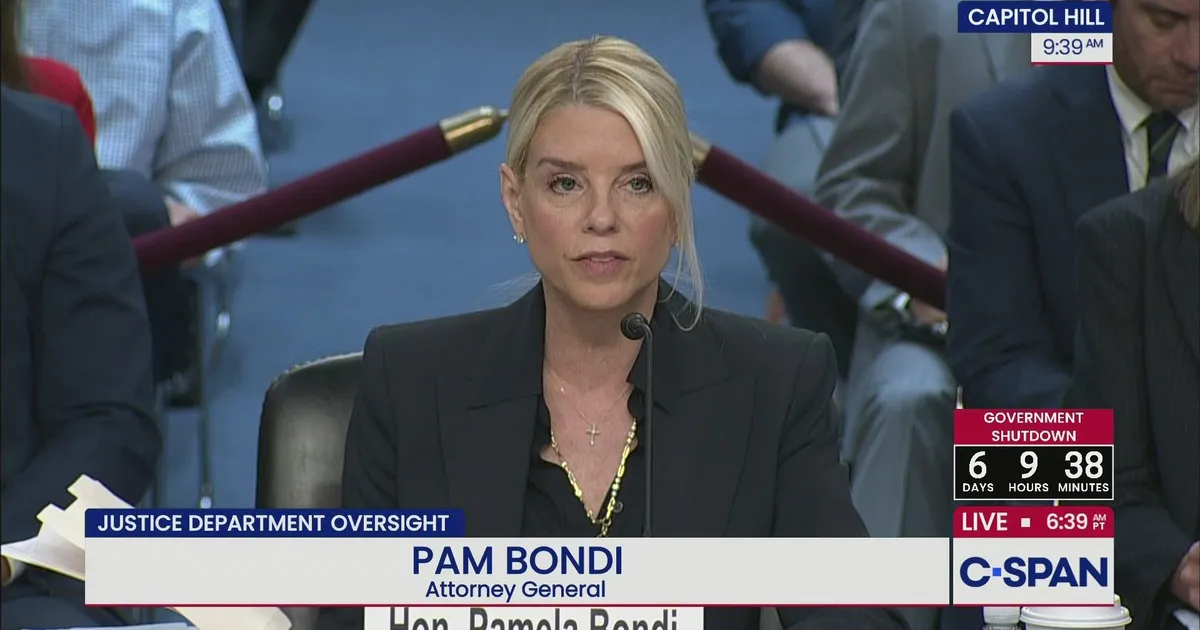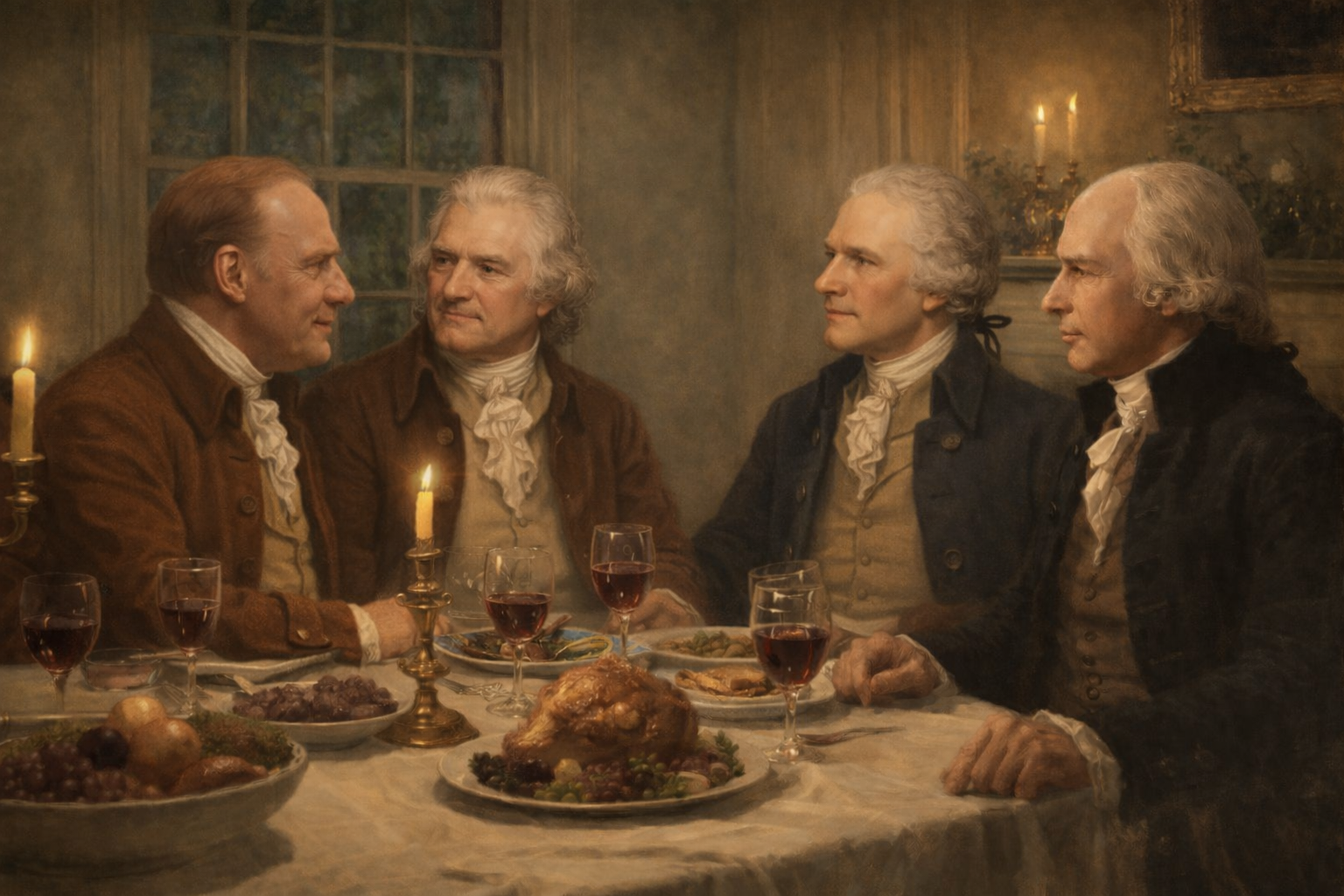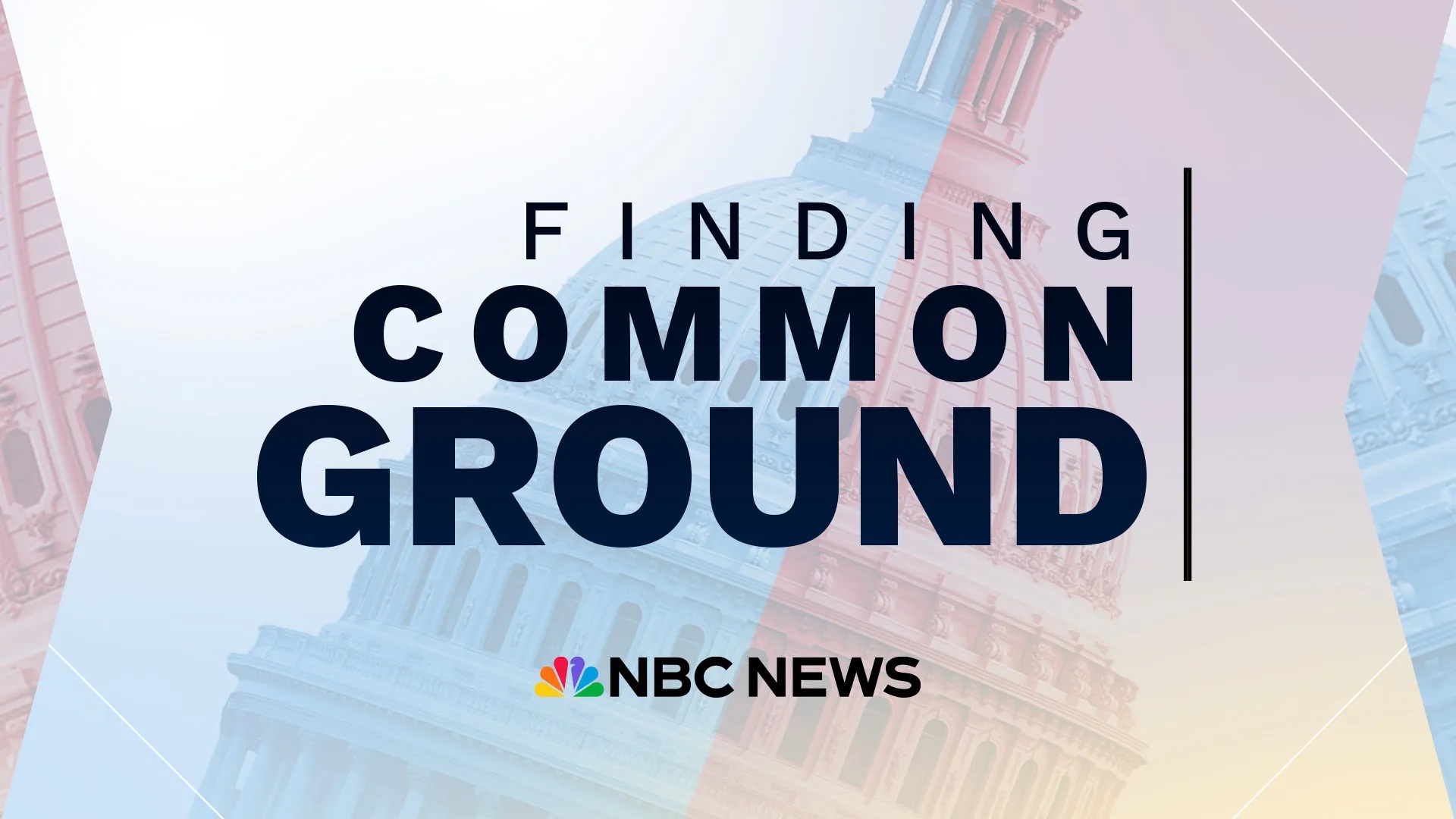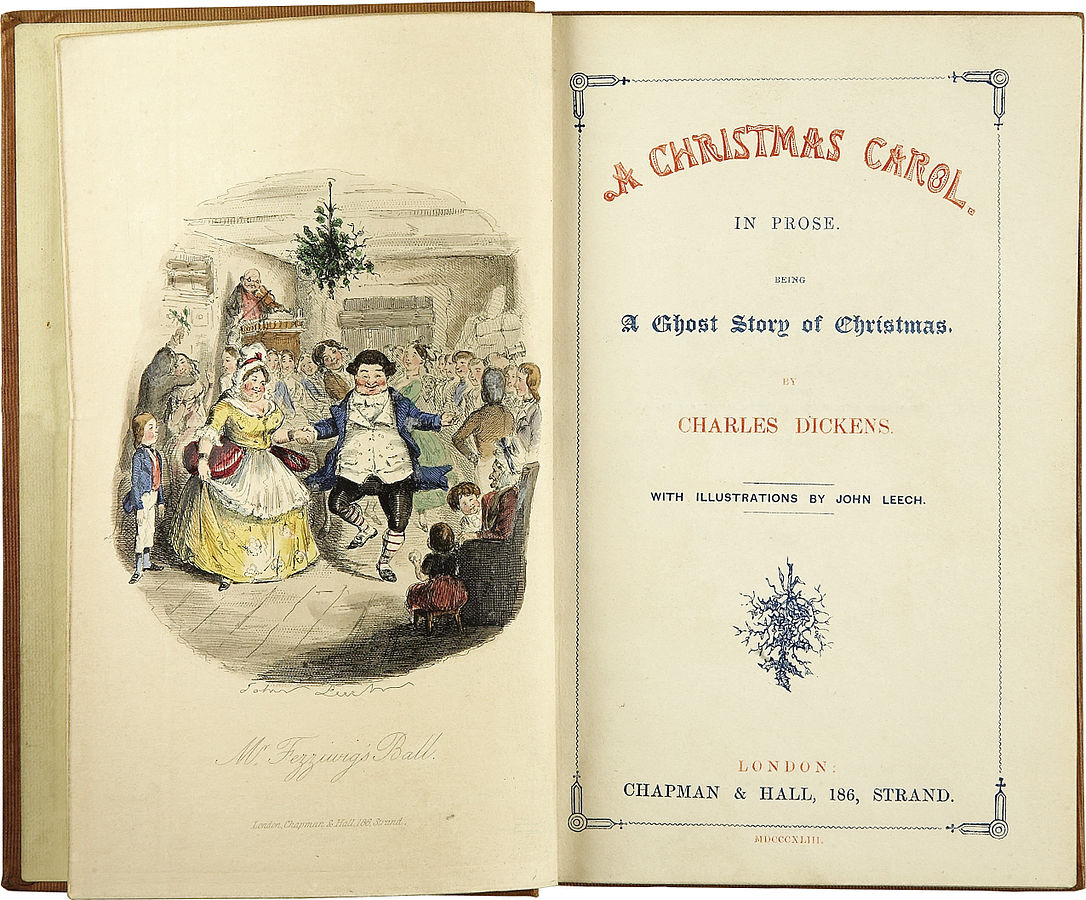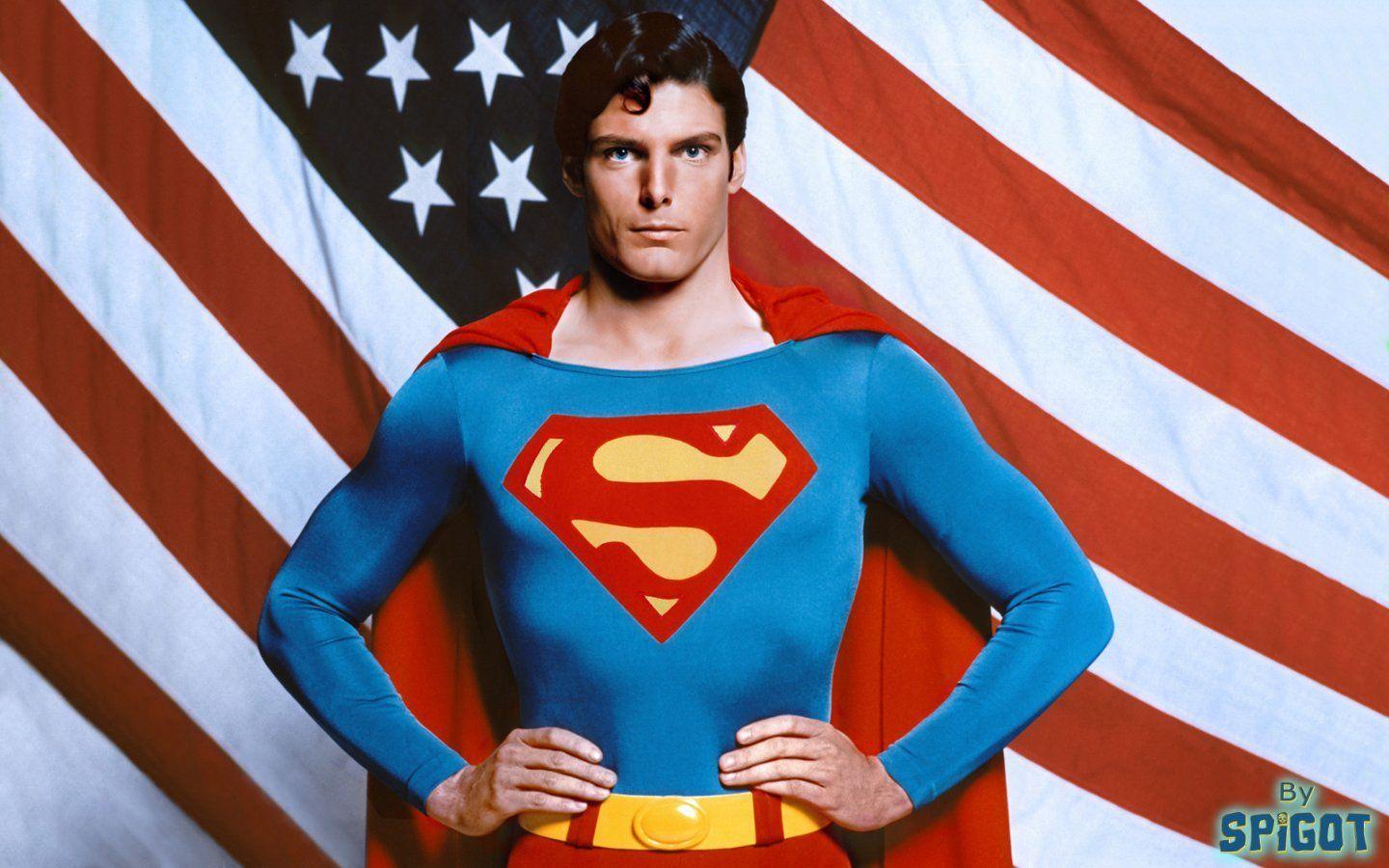
Superman—America’s original superhero—once stood tall as a symbol of everything this country aspired to be.
Superman—who embodies courage, decency, and fairness.
Superman—who fights for the common good, especially those who can’t fight for themselves.
What’s wrong with that?
A growing movement now seeks to define which heroes—real or fictional—are acceptable, and which are not. They question who deserves legal defense, influence hiring decisions at universities, and challenge what can be taught—and to whom. Books are being pulled from shelves, difficult chapters of history sidelined, and voices in the arts and academia muted for stepping outside approved narratives. In some cases, even access to private medical information has come under scrutiny, raising troubling questions about privacy and individual rights.
Now they’ve set their sights on Superman. In the new film, many are attacking him for being portrayed as an immigrant interloper. Immigrant, Yes. Interloper, never. Born on Krypton, raised in Kansas, Superman is the ultimate outsider who arrived with nothing but hope, strength, and a belief in doing good. Funny how that never used to be a problem over the past 80 years.
On the Fox News program, The Five, Kellyanne Conway, a former senior advisor to Donald Trump, said, “We don’t go to the movie theater to be lectured to and to have somebody throw their ideology onto us.”
It’s troubling that I need to defend a fictional character who has stood for the values Americans have held dear for nearly 250 years.
Superman doesn’t preach. He listens. He helps. He sacrifices. He believes in people. If decency, fairness, and compassion are ideological, they’re the very values we once proudly taught our children.
Let’s not pretend the superhero world has ever been one-dimensional. We’ve had Black Panther, Wonder Woman, and the X-Men—heroes from many worlds and walks of life. Heroism has never belonged to a single kind of person or story.
Some folks, however, seem to be stuck in a Bizarro moment—a counter-world from the Superman comics where everything runs in reverse: up is down, black is white, and reason no longer applies. In their version of reality, open-mindedness is suspect, and anything unfamiliar must be silenced. Funny how the Man of Steel still manages to scare the people he was created to inspire.
But stories have always carried ideals. To Kill a Mockingbird taught us about justice. Mr. Smith Goes to Washington reminded us that one honest voice matters. Schindler’s List, Hidden Figures, Milk, 12 Angry Men, Selma—all dared us to confront uncomfortable truths and grow stronger because of them.
These stories hold up a mirror to who we are—and who we aspire to be.
The danger isn’t that a story has meaning. The danger is that we’ve grown so distrustful, so quick to label and divide, that we no longer recognize meaning unless it flatters us.
This country was built on a foundation of differing viewpoints. That’s the idea behind the First Amendment: freedom of speech, freedom of the press, freedom of religion, the right to assemble, and the right to petition the government for redress of grievances. Some views we support. Others we don’t. That’s part of living in a democracy, not a bubble.
With the exception of hate speech, incitement to violence, and clear threats to public safety, all viewpoints deserve protection and respect, no matter who voices them.
That’s not just civility. That’s the Constitution.
Comments
